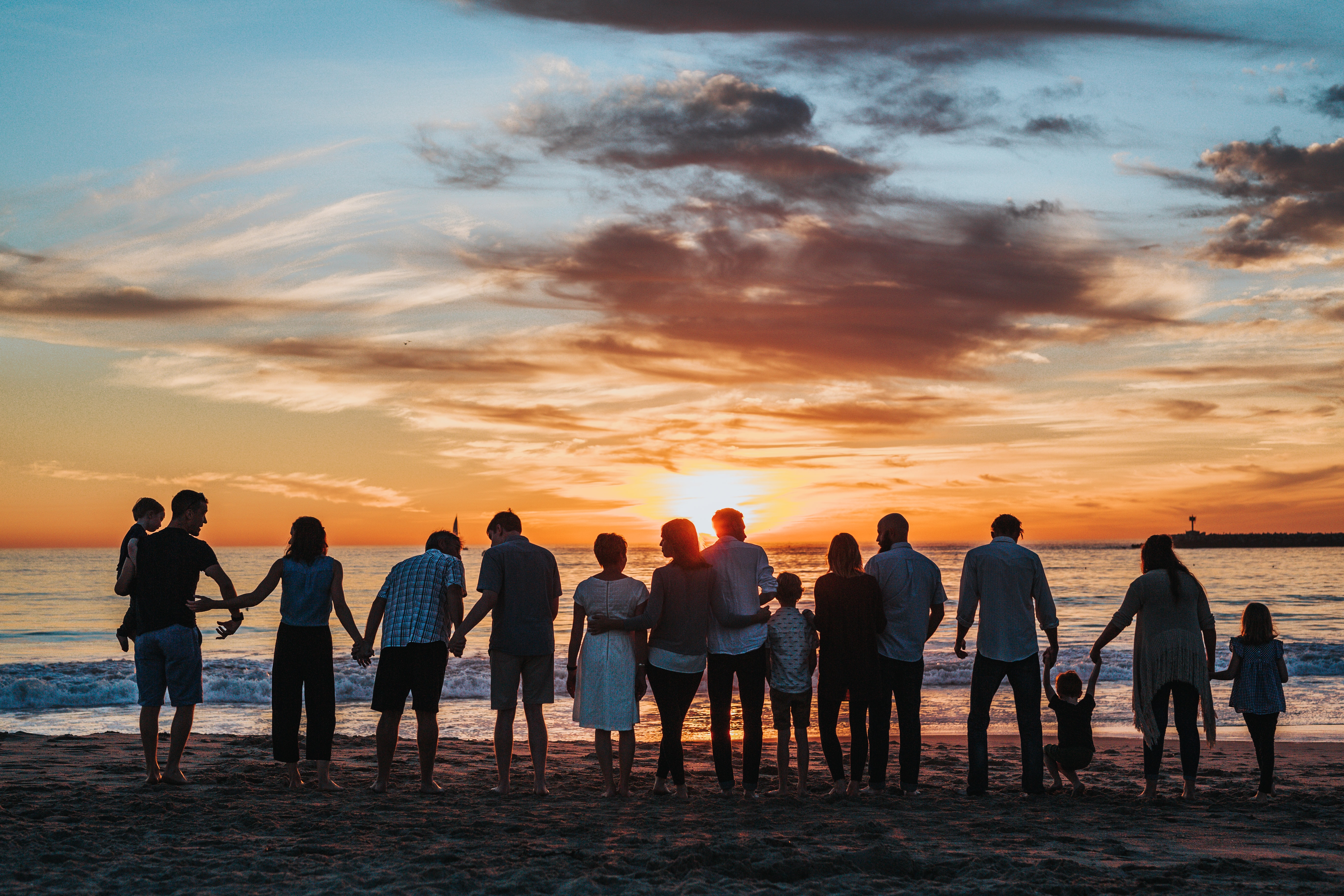Since first starting, Less Cancer people have wanted to share their stories and experiences about cancer—and, at times, the stories of family members and the dynamics that seem to go hand-in-hand with family and loss—have approached me with some regularity.
People often want me to listen, which I do, and I will frequently offer a hug and thank them for sharing their stories.
But at other times, people ask what I think.
I always like to offer a disclaimer, which is that I’m not a therapist, physician, or scientist. Not to sell myself short, but I believe that intelligence triumphs over intentions.
That said, I, like many of us, have had several experiences relating to cancer and family, in addition to hearing from many, many more who have faced the loss of a family member.
I will often hear about sticky family dynamics that seem to reopen wounds harshly and revive longstanding negative styles of communication that include bullying, sarcasm, and attempts to control others.
And somehow in the midst of it all, when facing the loss of a family member, some family members are looking for more than can be offered at times when others are depleted, or simply have no additional tools but to keep their heads above water. At times, in the face of impending loss, family members are looking for affirmation from other family members which are just not possible.
As many have experienced, the dying process of a family member does not leave much space beyond attempting to maintain survival mode. Often there is not the space or bandwidth to give family members much beyond simple interactions.
I am one of seven children; all vastly different, all loving, awesome people in very different ways, with unique gifts. However, in my experience in the face of cataclysmic loss, that people are doing all they can to keep their heads above water.
Wishing that suddenly one’s family may be all on the same page is an unrealistic expectation at a time when each has unique perspectives and unique relationships with each other, not to mention the dying family member.
I liken it to each family member in single paddle kayak, each in their separate one with little room or energy for anything but paddling. Some we discover are stronger paddlers than others, some paddling in circles, and others have lost their paddles all together.
For me, I have been in all three of those metaphoric boats.
Times of devastating loss are not the times to seek something beyond the present — something beyond the here and now. They are also not the time to trip over the adverse historical family events in the review mirror — not the time or the bandwidth to discuss any particular painful past incidences.
Because families do not get along in the same way — because of our histories and uniquenesses as individuals, I have a few rules for survival.
- Understand you each may not appear on the same page for any number of things. That’s OK.
- The dying process is complicated and depleting for survivors and everyone involved. Survivors are doing the best they can despite what it may look like to you.
- We are all human; if you cannot see around a family member’s flaws, that’s OK, but now is not the time to address them.
Family members we don’t like or get along with can be part of the family landscape—everyone’s family.
In the simplest of terms, at the very least, be humane; love as you might any fellow man or woman suffering loss. At times, many of us are more empathetic to total strangers than we are to our own families.
For family members that may be more difficult to love, widen the lens of your heart beyond personal histories to love them humanely.
And lastly, for yourself, forgive—forgiveness is something that does erase memory but rather can and will bring peace for you.


